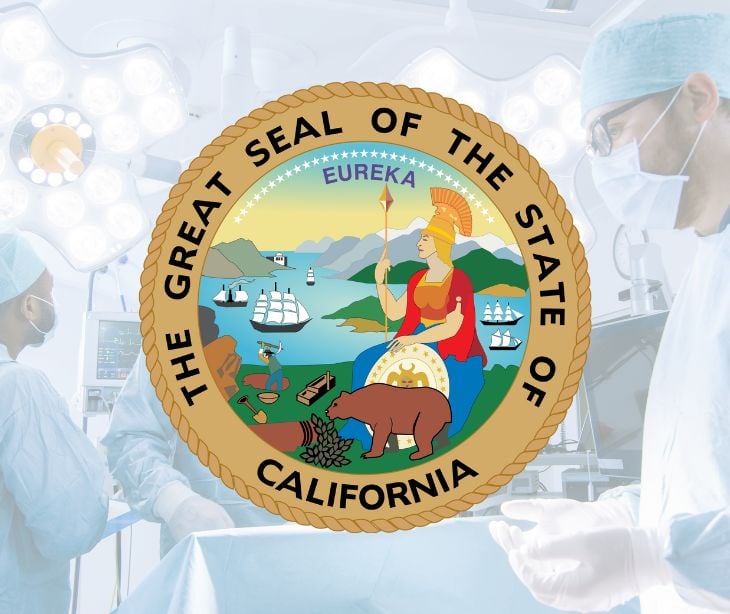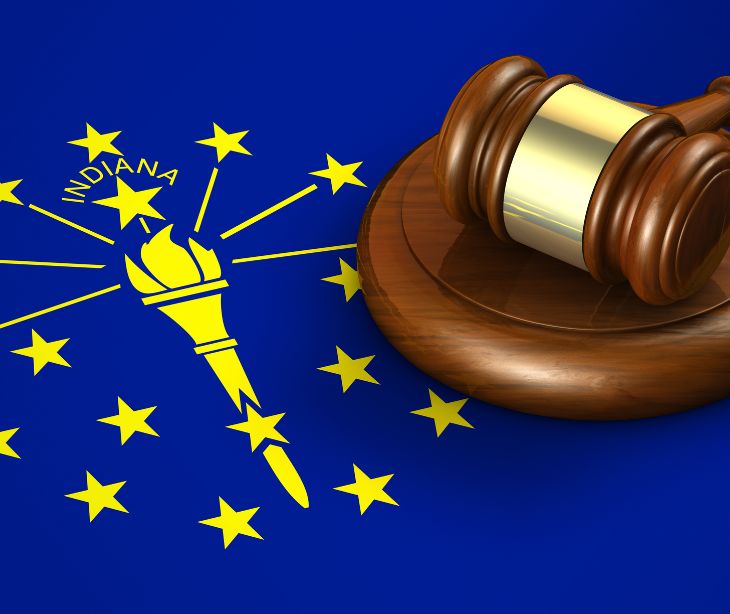
The intersection between data protected by HIPAA and data protected by the CTCDPA lies in the handling of sensitive personal data. While HIPAA is focused on the healthcare sector and PHI, the CTCDPA addresses a broader range of personal data, including sensitive data, as defined by the Connecticut privacy law.
Understanding the Connecticut Data Privacy Act (CTDPA)
The Connecticut Consumer Data Privacy Act (CTCDPA) is a state law that regulates the collection, processing, and handling of personal data by businesses and entities operating in Connecticut. Enacted in May 2022, this legislation is designed to enhance consumer privacy rights and data protection measures.
It also imposes obligations on businesses, including conducting data protection assessments for processing activities posing potential harm to consumers and ensuring that de-identified data cannot be re-associated with individuals. The law promotes transparency, accountability, and fairness in data handling while providing the state's Attorney General with exclusive enforcement authority for violations.
See also: HIPAA and the FTC Act
How does it apply to healthcare organizations?
The CTCDPA applies to a broad range of entities and individuals involved in the processing of personal data.
Here's who it typically applies to:
- Businesses: The CTCDPA primarily targets businesses that collect and process personal data. This includes a wide variety of companies, from small local businesses to large corporations, as long as they meet specific criteria related to data processing.
- Nonprofits: Nonprofit organizations that process personal data are also subject to the CTCDPA.
- Third parties: It can apply to third-party entities, known as processors, that process personal data on behalf of other businesses.
- Website operators: Operators of websites and online services, especially those directed at consumers in Connecticut, are subject to compliance with the CTCDPA.
- Service providers: Businesses providing services related to data processing, such as data storage and colocation services, may also fall under the scope of the CTCDPA.
HIPAA and CTDPA
The CTCDPA (Connecticut Consumer Data Privacy Act) provides exemptions for certain categories of data, including Protected Health Information (PHI) under HIPAA, and it specifies situations where the CTCDPA does not apply.
PHI, as defined by HIPAA, is exempt from the provisions of the CTCDPA.
This means that the handling and protection of health-related data, as governed by HIPAA, remains under the purview of HIPAA's regulations. This sets the requirements for the security of PHI, including measures such as access controls in healthcare organizations and the use of HIPAA compliant email communication to limit the chances of data breaches.
The CTCDPA doesn't interfere with the existing safeguards and standards established by HIPAA for the protection of individuals' health information. While the CTCDPA broadens data privacy regulations in Connecticut, it respects the specialized regulations of HIPAA for healthcare-related data, ensuring that both laws can coexist while safeguarding personal information in their respective domains.
The intersection occurs when healthcare entities or covered entities under HIPAA, such as hospitals or healthcare providers, handle personal data that falls under the category of sensitive data as defined by the CTCDPA. This data includes racial or ethnic origin, religious beliefs, health conditions, sexual orientation, etc. In such cases, these entities must ensure compliance with both HIPAA and the CTCDPA to protect the privacy and security of this sensitive information.
See also: HIPAA Privacy Rule's impact on state public record laws
Rights provided by the CTDPA
- Right to access: Consumers can request access to their personal data held by controllers, allowing them to know what information is being collected and how it is being processed.
- Right to deletion: Consumers can request the deletion of their personal data, and controllers must comply unless certain exemptions apply.
- Right to opt-out: The CTCDPA gives consumers the right to opt out of the sale of their personal data and the processing of their data for targeted advertising purposes. Controllers are required to provide a clear and easily accessible mechanism for consumers to exercise this right.
- Right to correct inaccurate data: Consumers can request corrections to their personal data if it is inaccurate.
- Right to non-discrimination: The CTCDPA prohibits controllers from discriminating against consumers who exercise their privacy rights. This means that controllers cannot deny goods or services, charge different prices, or offer different quality of services to those who opt out or request their data.
- Right to data portability: Consumers have the right to obtain their personal data from a controller and use it for different services or businesses, promoting data mobility.
- Right to be informed: Controllers must provide clear and concise information about their data processing practices, ensuring consumers are informed about how their data is used.
- Right to data protection assessments: Controllers must conduct and document data protection assessments, particularly for data processing activities with a heightened risk of harm to consumers.
See also: Understanding medical record retention requirements by state
Subscribe to Paubox Weekly
Every Friday we'll bring you the most important news from Paubox. Our aim is to make you smarter, faster.



